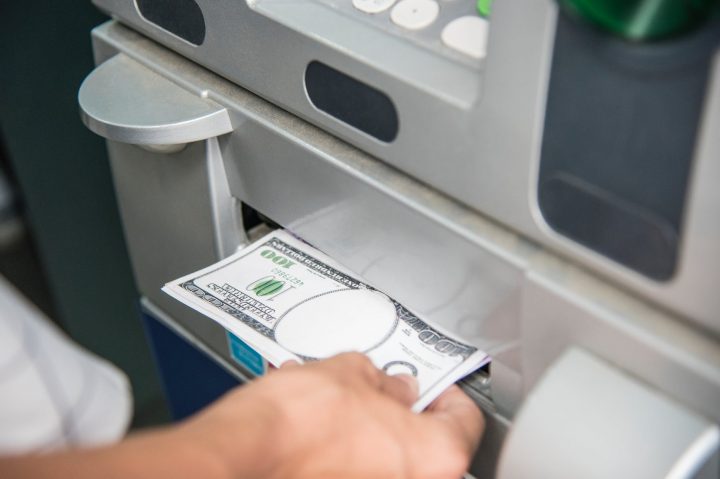The Saskatchewan Ministry of Social Services is encouraging landlords to work with tenants to determine low-contact ways of meeting their rental obligations during the COVID-19 pandemic.

Two organizations called on the ministry to change its policy and begin direct payment of rent and utilities to landlords and utility companies on behalf of its income assistance clients as a means of reducing transmission.
Quint Development Corporation and the Saskatoon Landlord Association said recipients of social assistance rely on buses or taxis to get to these various locations, further increasing the risk of transmission.
“If we assume rent and utility payments result in four potential interactions (bank, landlord, utility and bus) then this would result in a minimum 13,200 transmission points that could be prevented each month. This number is likely much larger.”
Doris Morrow, executive director of income assistance program service and design with the ministry, responded to the call on April 8.
She said they believe that anyone who receives income assistance benefits should be treated no differently by their landlords than any other Saskatchewan citizen who enters into a tenancy agreement.
“We have not changed our view that clients can and should have a greater amount of choice and responsibility as they work to become more independent by paying for their rent, damage deposits and utilities,” read a statement from Morrow.
“We would encourage private and not-for-profit landlords to work with all of their tenants — and not just those who may be in receipt of income assistance — to determine low-contact ways of meeting their rental obligations at this time.”
Morrow added that income assistance clients are expected, like any other citizen, to continue to meet their obligations.
“They continue to receive their benefits, and we have temporarily lessened reporting requirements across all of our programs,” her statement read.
- Naloxone-resistant street drug linked to 9 deaths in Eastern Canada seized in Alberta
- ‘She gets to be 10’: Ontario child’s heart donated to girl the same age
- Buzz kill? Gen Z less interested in coffee than older Canadians, survey shows
- Bird flu risk to humans an ‘enormous concern,’ WHO says. Here’s what to know
Questions about COVID-19? Here are some things you need to know:
Health officials caution against all international travel. Returning travellers are legally obligated to self-isolate for 14 days, beginning March 26, in case they develop symptoms and to prevent spreading the virus to others. Some provinces and territories have also implemented additional recommendations or enforcement measures to ensure those returning to the area self-isolate.
Symptoms can include fever, cough and difficulty breathing — very similar to a cold or flu. Some people can develop a more severe illness. People most at risk of this include older adults and people with severe chronic medical conditions like heart, lung or kidney disease. If you develop symptoms, contact public health authorities.
To prevent the virus from spreading, experts recommend frequent handwashing and coughing into your sleeve. They also recommend minimizing contact with others staying home as much as possible and maintaining a distance of two metres from other people if you go out.
For full COVID-19 coverage from Global News, click here.






Comments